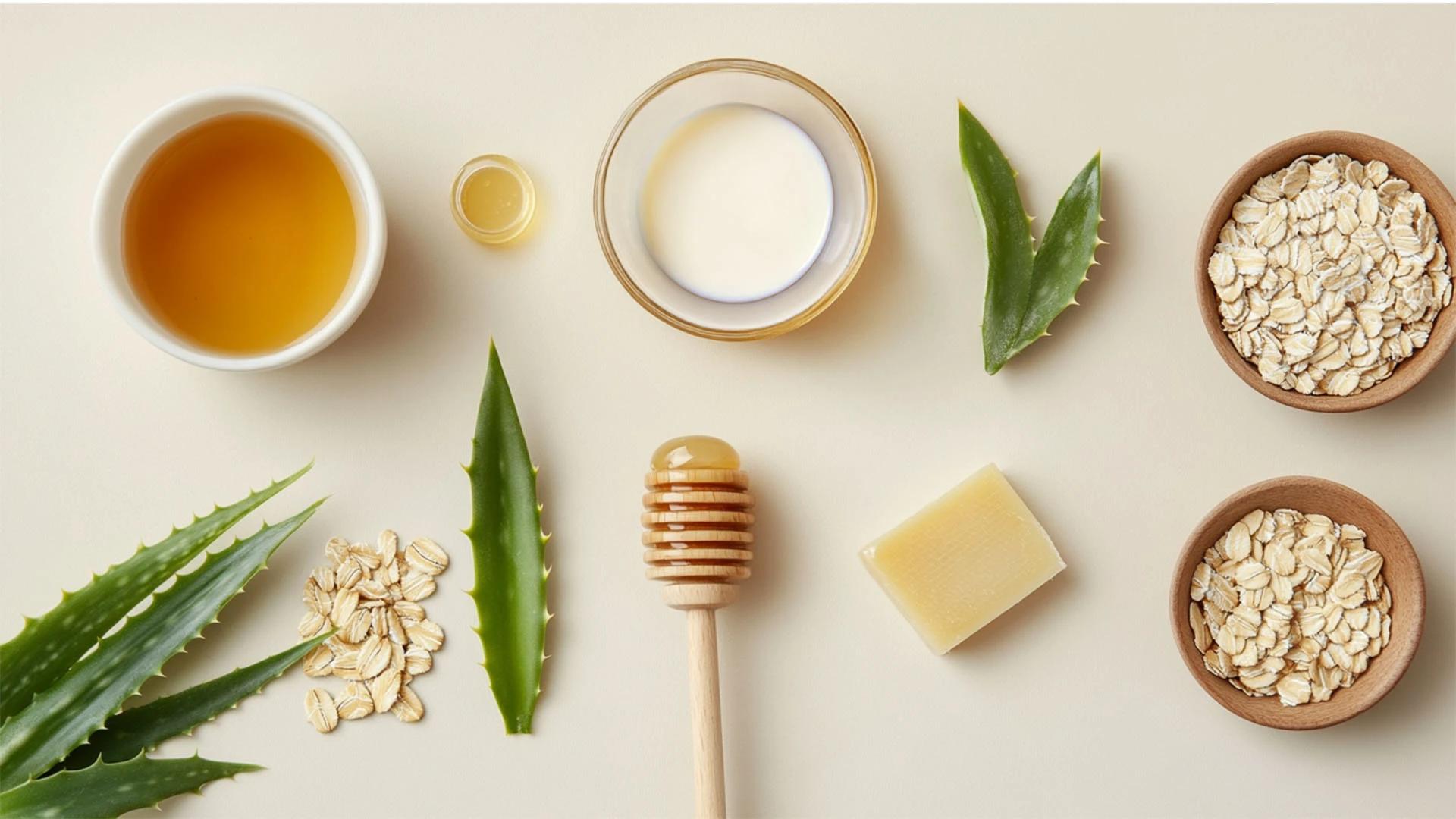Plant-based protein has gone from niche to mainstream faster than you can say 'quinoa'. Whether you're curious about cutting down on meat or already deep into your wellness journey, understanding these protein powerhouses can be your game-changer. From gym buffs to everyday health enthusiasts, people are discovering that plants pack a serious protein punch without compromising on taste or nutrition. Let's dive into what nutrition experts are saying about these plant-based options and how they might just become your next fave health hack.
The Rise of Plant-Based Protein: A Paradigm Shift in Nutrition
The plant-based protein revolution isn't just a trend—it's a complete shift in how we think about nutrition. More people are realising that vegan protein sources can deliver the same muscle-building benefits as traditional options, often with added perks for overall health.
Understanding the Plant-Based Protein Revolution
This shift is happening for good reason. Plant-based proteins come packed with fibre, antioxidants, and phytonutrients that animal proteins simply don't offer. They're easier on digestion for many people and can help reduce inflammation in the body. Plus, they're incredibly versatile—you can blend them into smoothies, toss them in salads, or use them as the star ingredient in hearty meals.
Environmental and Ethical Considerations
Beyond personal health, plant proteins require significantly less water and land to produce. For environmentally conscious consumers, this makes vegetarian protein options an attractive choice. The ethical considerations around animal welfare also play a major role in why people are making the switch.
Comprehensive Guide to Plant-Based Protein Sources
Not all plant proteins are created equal, and knowing your options can help you make smarter choices for your lifestyle. From complete proteins to complementary combinations, there's a whole world of plant-based goodness to explore.
Legumes and Beans: The Protein Powerhouses
Legumes and beans are absolute champions in the plant protein game. Lentils pack about 18g of protein per cooked cup, while chickpeas deliver around 15g. Black beans, kidney beans, and navy beans all hover around the 15g mark too. They're budget-friendly, filling, and work brilliantly in everything from curries to salads.
Soy Products: Versatile and Nutrient-Dense Options
Soy products are some of the most complete plant proteins you'll find. Tofu, tempeh, and edamame all contain all essential amino acids your body needs. A cup of cooked edamame gives you about 17g of protein, while firm tofu delivers around 20g per cup. They're like the Swiss Army knife of plant proteins—adaptable to any cuisine.
Quinoa: The Complete Protein Grain
Quinoa nutrition is genuinely impressive. This ancient grain contains all nine essential amino acids, making it a complete protein. One cooked cup provides about 8g of protein along with fibre and minerals. It's perfect as a base for bowls, mixed into salads, or even used in breakfast porridge.


 200ml
200ml Combo
Combo 500 gm (Pack of 1)
500 gm (Pack of 1) 500 gm
500 gm